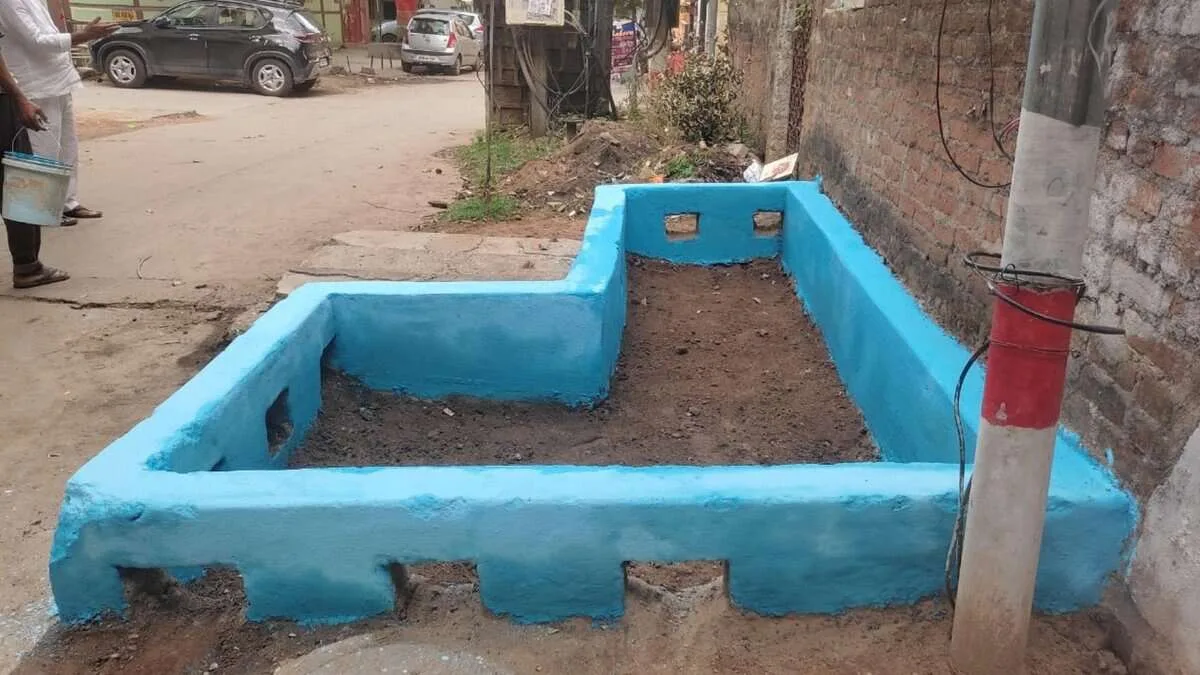Hyderabad: The Hyderabad Metropolitan Water Supply and Sewerage Board has made it compulsory for homes within 200 yards of the Outer Ring Road (ORR) to install rainwater harvesting pits, and for every property measuring more than 300 square yards to get one built.
The Hyderabad Managing Director, Ashok Reddy, stated that the strategy was developed to curb groundwater depletion and lower reliance on water tankers.
A special 90-day campaign was initiated on the instructions of Telangana chief minister Revanth Reddy and Hyderabad district in-charge minister Ponnam Prabhakar for increasing awareness and enforcement of the scheme.
The Hyderabad water board has already built or repaired 12,000 rainwater harvesting trenches, assisted by NGOs and will send notices to 16,000 additional households over non-compliance.
The current rainy season is the ideal period to construct harvesting pits,” said Ashok Reddy. “Each drop of rainwater that we absorb now will lower future scarcity of water. We call upon all house owners to come forward.”
Rainwater harvesting in Hyderabad amid groundwater stagnation, tanker demands
Ashok Reddy stated that this year’s weak monsoon has caused groundwater stagnation in most places. A comprehensive survey of residential colonies with high bookings for tankers in the previous year found borewells to have either run dry or become polluted, and most houses did not have adequate water harvesting systems in place.
Of 42,000 homes surveyed in affected areas across Hyderabad, over half did not have rainwater harvesting pits, and others had dysfunctional or neglected systems.
11,000 tankers daily supplied during peak summer
Although demand for tankers is on the rise, the Jalmandila MD assured the public that the Water Board is capable of fulfilling the city’s requirements. “Even during peak demand this summer, we were able to supply 11,000 tankers per day within 24 hours of booking,” he added. Daily demand is currently at 8,600 tankers, with an extra buffer capacity of 3,000 tankers available.
In a recent statement, the board also reported that tanker bookings in July have already exceeded last year’s levels, further underlining the urgency for structural solutions like rainwater harvesting pits.
“Our aim is not just to manage the present, but to prevent future crises,” Ashok Reddy said. “That’s why we’re urging people to act now.”







